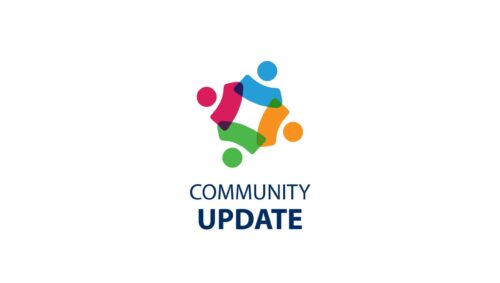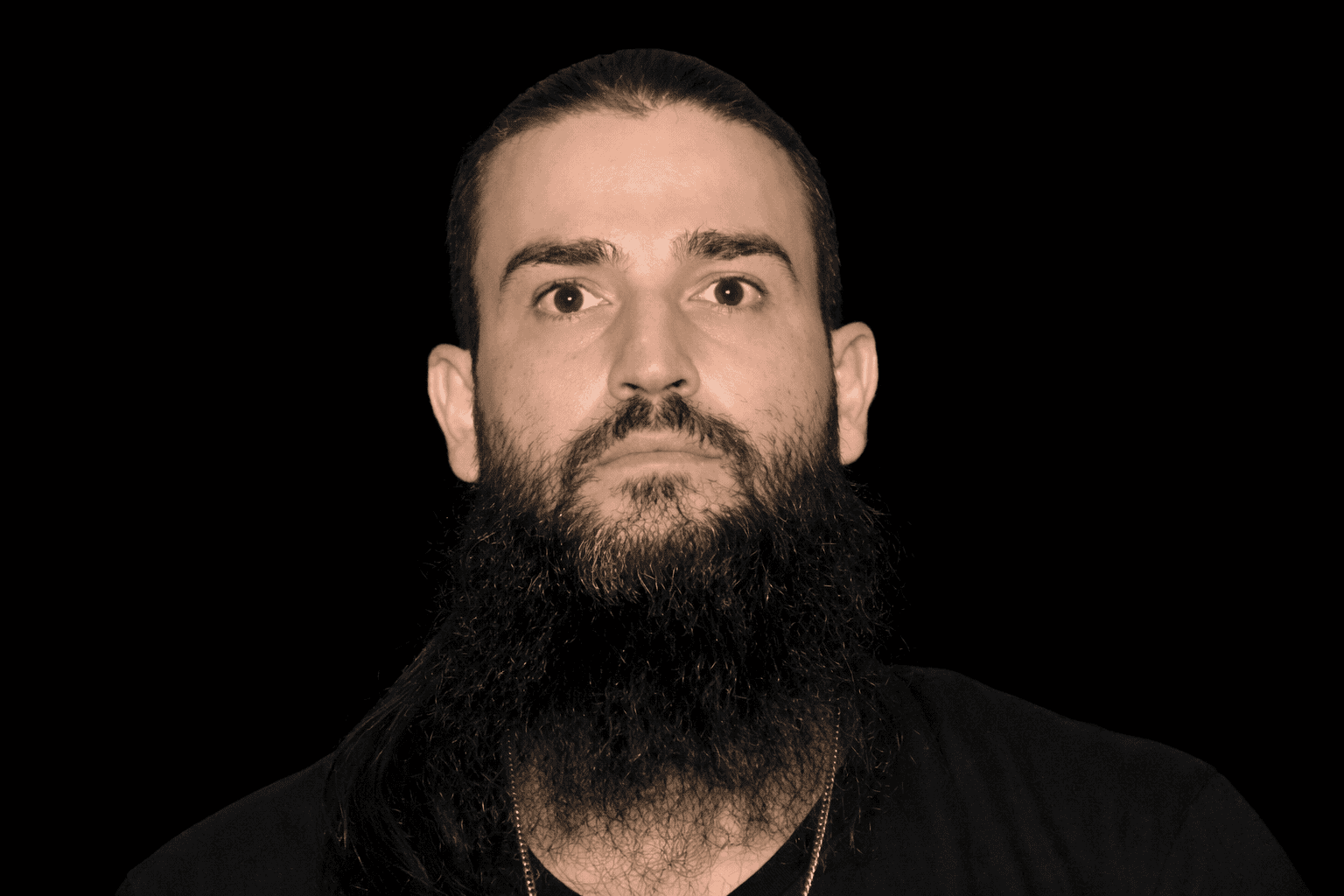Health Literacy
Innovative college course is providing a dose of bilingual support at area healthcare facilities.
With more than 40 percent of Camden’s Spanish-speaking residents having limited English proficiency, explains Dana Pilla, functional health literacy could literally mean the difference between life and death.
“The need can’t be underestimated in this community, where residents could require help translating anything from doctor’s instructions to medicine labels,” says the assistant teaching professor of Spanish at Rutgers University-Camden.
However, Spanish-speaking residents in Camden and the southern New Jersey region are now getting a healthy dose of assistance, thanks to an innovative curriculum in Spanish for medical professionals at Rutgers–Camden, which includes a “Community Interpreter, Medical Edition” course.
The first group of Rutgers–Camden students who completed the “Community Interpreter” course this past spring now hold a national certificate to serve as medical interpreters at any hospital, health-care facility, or telephonic interpreting company in the country.
The advanced-level class is one in a series of courses offered toward an internal certificate in Spanish for the Health Professions, which prepares students entering the health-care field to meet the specific needs of their patients. The interdisciplinary program—partnering the Rutgers School of Nursing–Camden and Rutgers-Camden’s College of Arts and Sciences—is supported by a grant from the U.S. Department of Education’s International and Foreign Language office and a 2018 American Association of Colleges of Nursing (AACN) Innovations in Professional Nursing Education Award.
“The impact of this program on the promotion of health equity in Camden is quite spectacular,” says Ana Laguna, an associate professor of Spanish at Rutgers-Camden, who created and developed the Spanish for the Health Professions certificate. “Healthcare equity cannot only be dramatically improved by the hiring of underrepresented healthcare providers—Hispanic nurses—but also by increasing the cultural competence of current healthcare professionals. Everyone benefits from this focus on health equity among languages: patients, health professionals, students, and institutions.”
Laguna notes that the program has attracted a striking number of diverse, mainly Hispanic, students at unprecedented rates.
Nancy Pontes, an assistant professor of nursing and a member of the Spanish for the Professionals Task Force at Rutgers-Camden, adds that the success of the program demonstrates the university’s commitment to “leverage expertise across disciplines to benefit our students and the diverse communities they serve, now and in the years to come.”
Students in the community interpreting course have been busy providing bilingual support in various capacities throughout Camden and the surrounding area.
Silvia Tenezaca, a Rutgers-Camden nursing student who completed the course this spring, is one of several students who served underinsured clients seeking assistance at Virtua Health System’s mobile mammography units.
“I really enjoyed that experience of helping my community,” says Tenezaca, a Sicklerville resident and native of Ecuador. “I remember being in a similar situation and having a hard time getting assistance. I wish I had someone there when I needed that help.”
She also interned at the LEAP Academy University Charter School, offering bilingual support for young patients and their parents in the school’s health and wellness center.
Moreover, Tenezaca is eager to utilize her skills with Philadelphia-based Quantum Inc., which offers 24-hour telephonic translation services. Rutgers–Camden recently secured an agreement with the company to hire students who have completed the course as medical interpreters.
“I am extremely grateful for companies such as Quantum for welcoming our students as employees,” says Pilla. “They are showing that they believe in our students and our program.”
Pilla explains that, in addition to paying very well—at a minimum of $30 an hour in many different capacities – freelance interpreting is a great opportunity for Rutgers-Camden students entering a medical profession—such as School of Nursing-Camden students and health science majors—to gain on-site experience in their respective fields.
“It gives them a one-up on their careers,” says Pilla, a longtime translator and interpreter who formerly owned her own agency. “It’s a nice bridge from being a student here and using language skills in a profession. Let’s get them into these professional jobs while they are still students
and get that momentum going.”
For Tenezaca, that on-site experience at the LEAP Academy has actually led her to change her focus in nursing. As she explains, she initially drew an interest in becoming a wound-care nurse in her native Ecuador when she treated her sister, Nancy, following a bad car accident. She now sees herself working in pediatrics.
“I really loved working with the children and would like to continue to do so in the future,” she says.
According to Pilla, Rutgers-Camden students majoring in any discipline are eligible to take the course. They must first pass a nationally accredited language proficiency exam in Spanish in order to be admitted. At the end of the course, they are required to pass another exam for medical interpreting administered by the nationally accredited Cross Cultural Interpreting Services.
“You may then immediately be employed in a medical facility,” says Pilla, who completed a 60-hour medical training interpreter program with Cross Cultural Interpreting Services to be certified to teach the course.
Depending on the level of proficiency, says Pilla, students can serve as interpreters for doctors or nurses, or offer bilingual support for staff members, handling day-to-day tasks such as answering phones or speaking to patients in Spanish.
“It’s a game changer,” she says. “It enables students to do real things with language that are meaningful to them and the community.”










